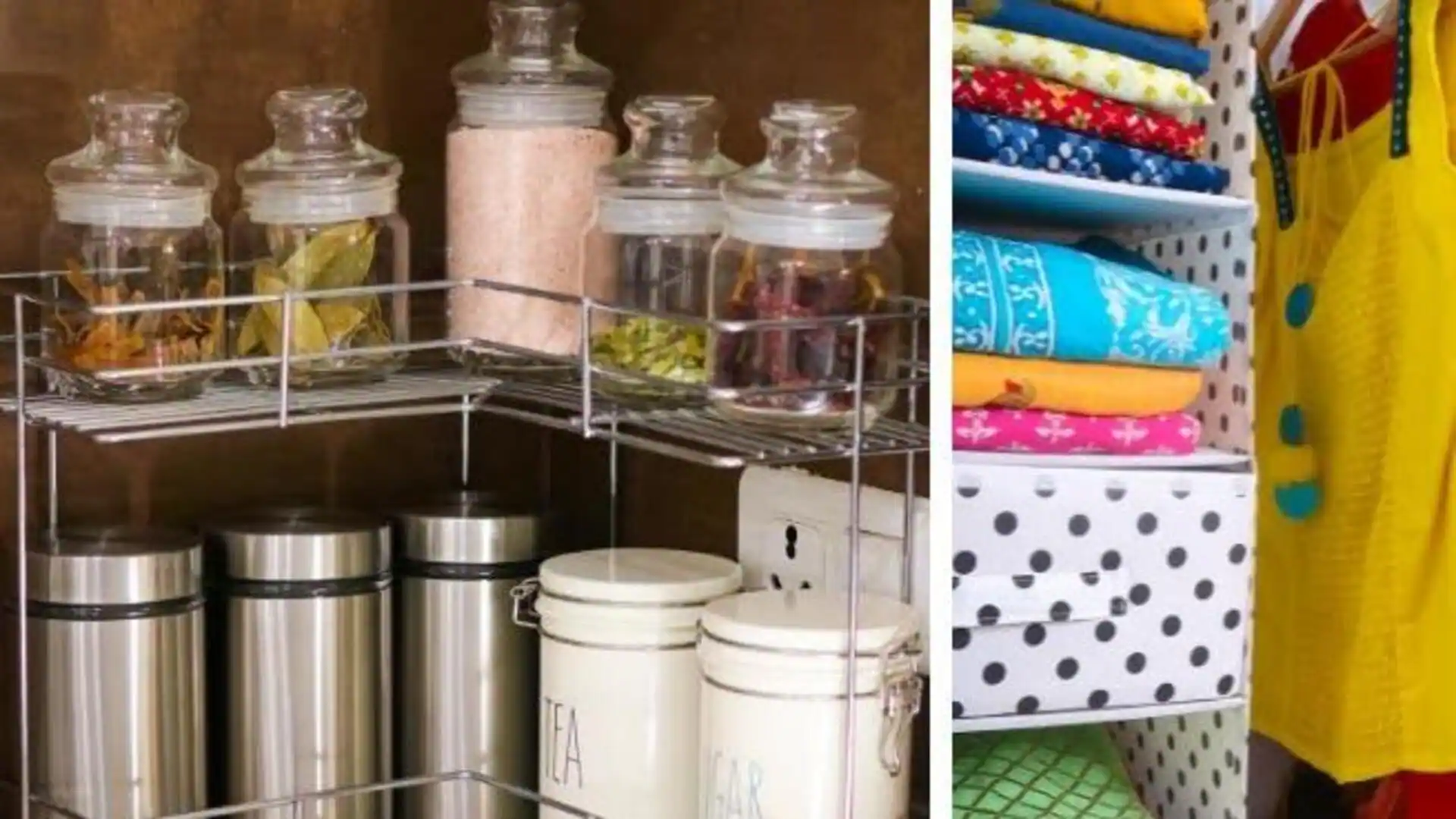Copyright newsbytesapp

Organizing your home sustainably on a budget can be a rewarding challenge. It not only helps in decluttering but also in making eco-friendly choices that save money and the environment. By using everyday items creatively and making mindful purchases, you can create an organized space without spending much. Here are some practical tips to help you achieve a sustainable home organization on a budget. Old containers like jars, boxes, and tins can be repurposed for storage solutions around the house. They are perfect for organizing small items such as spices, office supplies, or craft materials. By giving these containers a new life, you reduce waste and save money on buying new storage products. A little creativity can turn these into attractive organizers that fit seamlessly into your home decor. Incorporating natural materials like bamboo, jute, or cotton into your home organization can be both sustainable and cost-effective. These materials are often cheaper than their synthetic counterparts and offer durability and style. Bamboo baskets or jute rugs can add an earthy touch to any room while serving practical purposes like holding laundry or acting as decorative accents. Creating your own storage solutions is another way to stay organized sustainably without spending a lot. Simple DIY projects using recycled wood, fabric scraps, or cardboard can yield functional shelves, bins, or dividers tailored to your needs. This saves money and also gives you the freedom to customize each piece according to your space and aesthetic preferences. Adopting a minimalist approach is key to sustainable home organization on a budget. By focusing on quality over quantity and decluttering unnecessary items, you create more open spaces that require less maintenance and fewer resources for cleaning and organizing. Minimalism encourages mindful consumption habits that align with both financial savings and environmental responsibility. Shopping second-hand is an excellent way to find affordable organizers while promoting sustainability by reducing demand for new products. Thrift stores often have hidden gems like vintage crates or decorative boxes that can be repurposed into stylish storage solutions at a fraction of retail prices. This practice not only supports local businesses but also contributes positively towards reducing waste in landfills.



